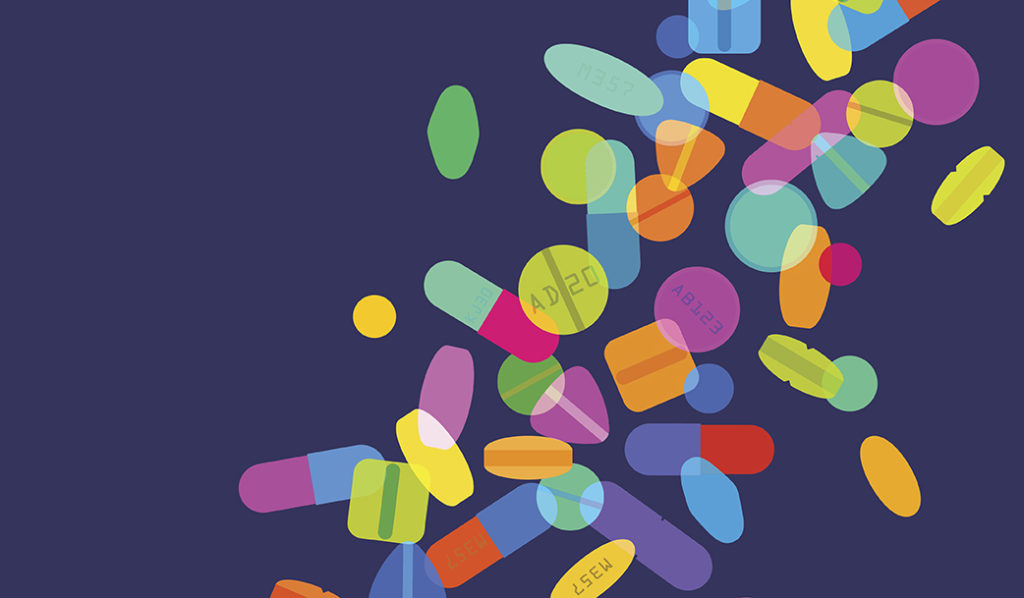Rukobia (fostemasavir)
There are an estimated 2 million people living with the human immunodeficiency virus (HIV) in the United States. In 2018, there were close to 36,000 new cases of HIV diagnoses in the U.S. Since the introduction of antiretroviral therapy (ART), the HIV incidence has decreased as a result of decreased transmission and readily available treatment. ART regimens have led to significant reductions in morbidity and mortality for HIV-infected individuals.
For patients with drug-resistant virus who have failed multiple regimens, the goal of therapy is to decrease the viral load to below the level of detection, or to the lowest level possible. When choosing the optimal antiretroviral agent in the face of HIV drug resistance, it is important to consider the patient’s past ART history, results of previous/current genotype and/or phenotype drug resistance tests, to select the agents that are likely to be fully or partially.
Rukobia was studied in 371 heavily treatment-experienced adults with HIV-1 infection in the Phase 3 placebo-controlled BRIGHTE study. Patients received either blinded Rukobia 600mg twice daily or placebo in addition to their current failing regimen for 8 days of function monotherapy. Beyond Day 8, patients received Rukobia 600mg twice daily plus an investigator-selected optimized background therapy (OBT).
The primary endpoint was the adjusted mean decline in HIV-1 RNA from Day 1 to Day 8 with Rukobia versus placebo. At Day 8, 65% (131 of 203 patients) and 46% (93 of 203 patients) who received Rukobia had a reduction in viral load from baseline compared to 19% (13 of 69 patients) and 10% (7 of 69 patients) in the placebo.
For Your Information:
Date Approved: 7/2/2020
Manufacturer: GSK/ Bristol-Myers Squibb/ViiV Healthcare
Indication: Treatment of HIV-1 infection in heavily treatment-experienced adults with multidrug-resistant HIV-1 infection failing their current antiretroviral regimen due to resistance, intolerance, or safety considerations.
Dose and Administration: One tablet taken orally twice daily with or without food.
Cost: $93,075 (estimated annual WAC)
Other options for patients who have failed multiple HIV-1 regimens include:
- Pharmacologically boosted protease inhibitor (PI) + Nucleoside/Nucleotide Reverse Transcriptase inhibitor (NRTI)
- Tenofovir/emtricitabine, or
- Epzicom (abacavir/lamivudine)
- Pharmacologically boosted PI + Integrase Strand Transfer Inhibitor (INSTI)
- Dolutegravir in combination with either:
- Two NRTIs (with at least one being fully active), or
- A fully active pharmacologically boosted PI
- Pregnant/wish to become pregnant:
- Raltegravir, or
- Ritonavir-boosted PI (such as darunavir)






